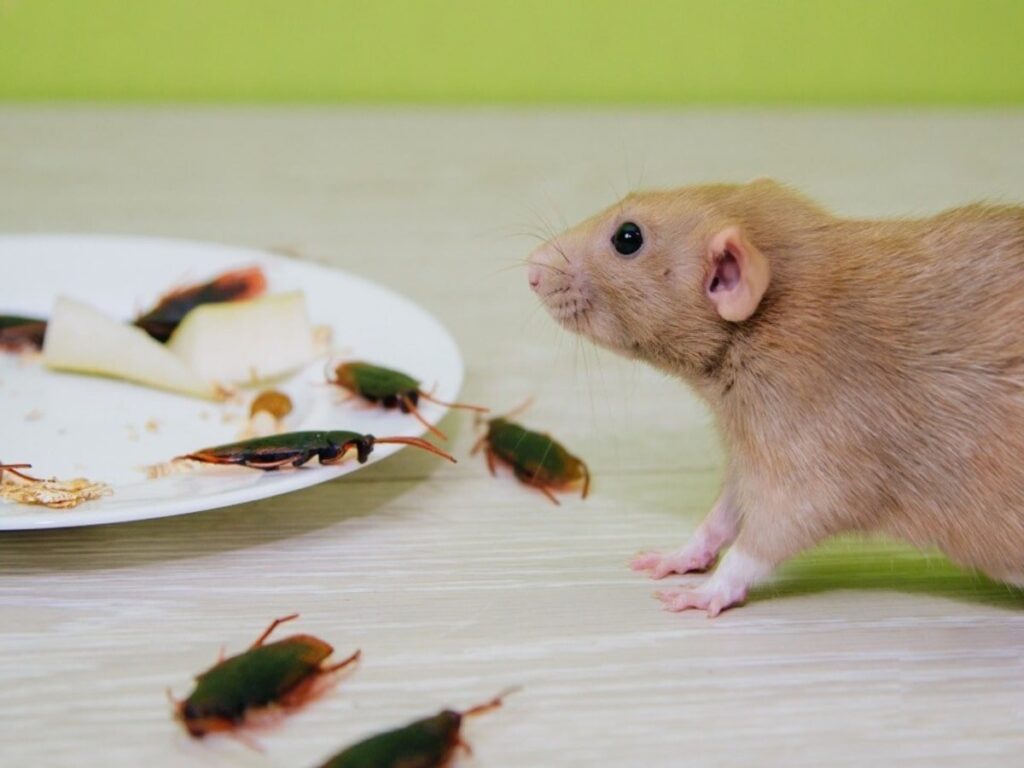Cooking oil is a staple in many kitchens, especially when preparing fried foods like puris and pakoras. Instead of discarding leftover oil after frying, there are various creative and practical ways to reuse it. This article explores valuable tips and hacks for repurposing cooking oil, helping you make the most of your kitchen resources while minimizing waste.
Why Reuse Cooking Oil?
Reusing cooking oil not only helps save money but also reduces environmental waste. Disposing of oil improperly can clog drainage systems and contribute to pollution. By finding new uses for leftover oil, you can contribute to a more sustainable lifestyle.
Effective Hacks to Reuse Cooking Oil
1. Straining and Storing
Before reusing cooking oil, it’s crucial to strain it to remove food particles. Use a fine mesh strainer or cheesecloth to filter out any debris. Store the strained oil in a clean, dry container, ideally in a cool, dark place to prolong its shelf life.
2. For Salad Dressings
Leftover frying oil can add a unique flavor to homemade salad dressings. Combine it with vinegar, herbs, and spices to create delicious dressings that elevate your salads.
3. Cooking and Sautéing
You can reuse cooking oil for sautéing vegetables or for low-heat cooking. However, be cautious not to use oil that has been heated to very high temperatures multiple times, as it can lead to the formation of harmful compounds.
4. Homemade Soap
Used cooking oil can also be utilized in soap-making. Combine it with lye and water, and with careful handling, you can create your own eco-friendly soaps. This reduces waste and provides a useful product for your home.
5. Biodiesel Production
If you are environmentally conscious, consider converting used cooking oil into biodiesel. This requires specific equipment and a bit of knowledge, but it’s an excellent way to recycle oil sustainably.
Storage Tips for Used Cooking Oil
Proper storage is essential to maintain the quality of used cooking oil. Here are some tips:
| Storage Method | Description |
|---|---|
| Cool, Dark Place | Store oil in a cabinet away from direct sunlight to prevent degradation. |
| Airtight Container | Use glass or metal containers that seal tightly to minimize oxidation. |
| Labeling | Always label containers with the date of use to track freshness. |
When Not to Reuse Cooking Oil
It’s essential to recognize when oil should be discarded. Signs that cooking oil has gone bad include:
- Off or rancid smell
- Unusual color or cloudiness
- Foaming or excessive smoking during heating
Conclusion
Reusing cooking oil can be both a cost-effective and environmentally friendly practice. By implementing the tips and hacks mentioned above, you can make the most out of your cooking oil, reducing waste and finding new uses in your kitchen. Remember to always store the oil properly and be aware of quality indicators to ensure safety. By fostering these habits, you contribute positively to sustainability while enjoying the benefits of resourcefulness.
